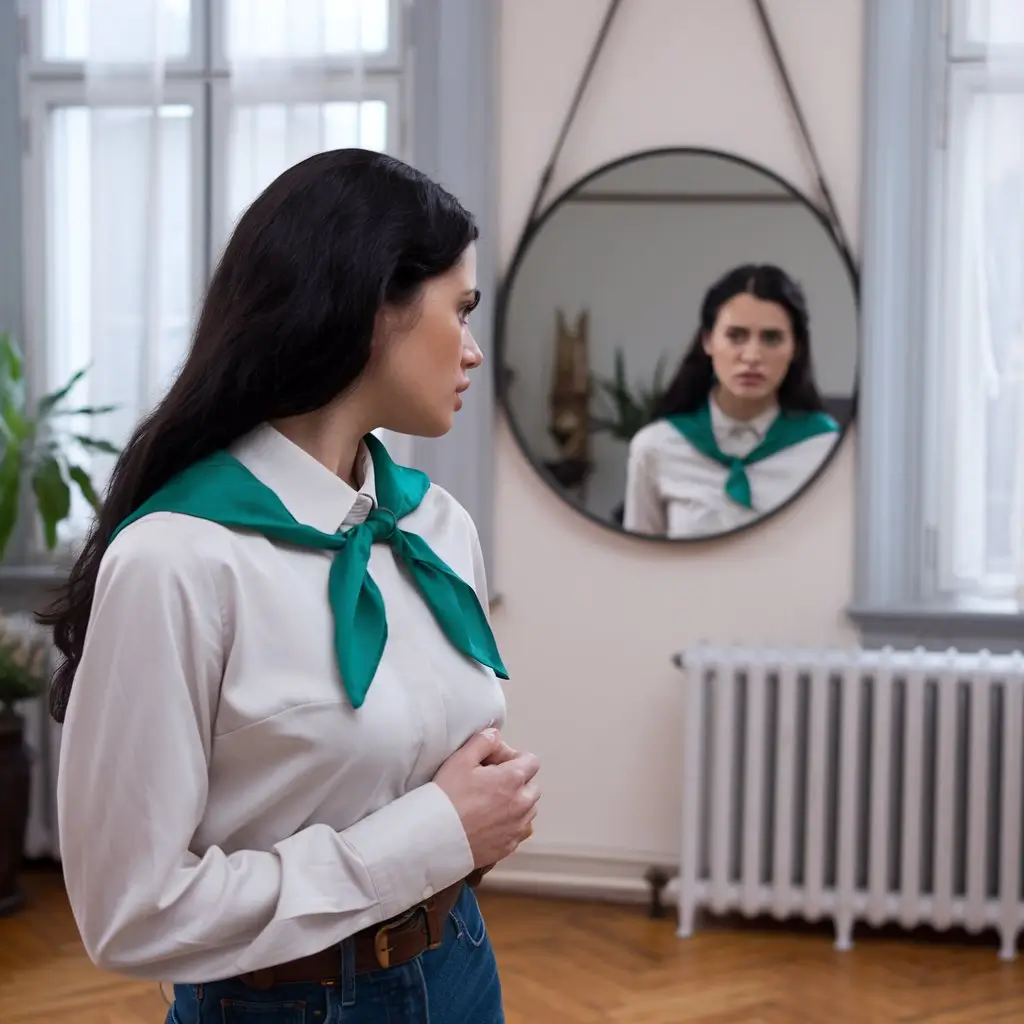Jealousy is a complex emotion that many of us experience at some point in our lives. While it can be a natural response to perceived threats, it can also evolve into a toxic habit that affects our relationships and mental well-being. In this article, we will explore the origins of jealousy, its impact on relationships, and strategies to transform jealousy into a source of motivation.
Understanding the Origins of Jealousy
Jealousy is a multifaceted emotion that arises from various psychological and social factors. To fully grasp why we experience it, exploring its origins in more detail is essential. Here are some key components that contribute to the emergence of jealousy:
Insecurity
At the core of jealousy often lies a deep sense of insecurity. This can manifest in several ways:
- Self-Worth Issues: Individuals who struggle with self-esteem may feel threatened by others who seem more accomplished, attractive, or successful. This comparison can lead to feelings of inadequacy, triggering jealousy as a defense mechanism.
- Fear of Failure: The fear of not measuring up to societal or personal standards can create an environment where jealousy flourishes. When someone perceives that another person is achieving what they desire, it can exacerbate feelings of inferiority.
Fear of Abandonment
The fear of losing a loved one or being replaced is a significant contributor to jealousy:
- Attachment Styles: Attachment theory suggests that early relationships with caregivers shape how we connect with others. Individuals with anxious attachment styles are more prone to jealousy, as they often fear rejection and abandonment in adult relationships.
- Possessiveness: This fear can manifest as possessiveness, where one partner may feel the need to control the other’s interactions, driven by the anxiety of losing them. Such behaviors can stem from past experiences of loss or betrayal.
Social Comparison
In today’s hyper-connected world, social comparison plays a crucial role in the emergence of jealousy:
- Cultural Narratives: Society often glorifies success, beauty, and wealth, creating unrealistic standards. When individuals measure their worth against these ideals, they may feel envious of others who seem to embody these qualities.
- Social Media Influence: Platforms like Instagram and Facebook amplify social comparison by showcasing curated versions of people’s lives. Constant exposure to others’ highlights can lead to feelings of inadequacy, prompting jealousy when one perceives their own life as less fulfilling or exciting.
Evolutionary Perspective
From an evolutionary standpoint, jealousy can be viewed as a survival mechanism:
- Mate Guarding: Evolutionary psychology suggests that jealousy evolved as a way to ensure reproductive success. Individuals may feel jealous to protect their partners from potential rivals, thereby securing their own reproductive advantage.
- Resource Protection: Jealousy can also arise from a desire to protect personal resources, whether emotional or material. This instinctive behavior has roots in our evolutionary past, where securing resources was vital for survival.
Environmental and Cultural Factors
The environment in which we grow up can significantly shape our propensity for jealousy:
- Family Dynamics: Childhood experiences, such as favoritism among siblings or parental attention, can influence how we experience jealousy in adulthood. Those who felt overlooked may be more likely to experience jealousy in relationships.
- Cultural Norms: Different cultures have varying attitudes toward jealousy. In some cultures, jealousy may be viewed as a sign of love and commitment, while in others, it may be seen as a negative trait. These cultural narratives can shape how individuals express and cope with jealousy.
The Impact of Jealousy on Relationships
Jealousy can profoundly affect interpersonal dynamics, often leading to a range of emotional and behavioral consequences. While it can sometimes serve as a signal of care and commitment, unchecked jealousy can spiral into toxic patterns that harm relationships. Here are several key ways jealousy impacts relationships:
Trust Issues
One of the most significant consequences of jealousy is the erosion of trust:
- Suspicion and Doubt: Jealousy can lead to a pervasive sense of suspicion. Partners may start questioning each other’s intentions, leading to a breakdown in open communication. When one partner feels compelled to constantly reassure the other, it can create a cycle of doubt that undermines trust.
- Invasion of Privacy: In an attempt to quell their jealousy, individuals may invade their partner’s privacy, checking messages or social media accounts. This behavior can escalate into controlling tactics that further damage trust and create resentment.
Resentment and Emotional Distance
Jealousy can breed resentment, which can create emotional barriers between partners:
- Feeling Unheard: When jealousy is not addressed, one partner may feel dismissed or invalidated. This can lead to feelings of loneliness and emotional distance, as the jealous partner may focus on their insecurities rather than the relationship.
- Unresolved Conflicts: If jealousy leads to frequent arguments, it can create an environment where unresolved conflicts fester. Over time, these issues can accumulate, resulting in a significant emotional divide between partners.
Increased Conflict
Jealousy often manifests as conflict within relationships:
- Escalating Arguments: Jealousy can trigger arguments over seemingly trivial matters. What starts as a minor dispute can escalate into larger confrontations, fueled by underlying insecurities and frustrations.
- Negative Communication Patterns: Jealousy can lead to negative communication styles, such as criticism, blaming, or stonewalling. These patterns can further exacerbate tensions and create a toxic cycle of conflict.

Impact on Intimacy
Jealousy can significantly impact physical and emotional intimacy:
- Withdrawal: A partner who feels constantly jealous may withdraw or become distant, fearing vulnerability. This withdrawal can lead to a lack of emotional connection, making it difficult to maintain intimacy.
- Performance Anxiety: In some cases, jealousy can create pressure to perform or compete in the relationship, particularly regarding physical attraction or emotional support. This pressure can diminish the natural flow of intimacy and connection.
Influence on Social Dynamics
Jealousy doesn’t only affect the individuals involved; it can also impact social circles:
- Isolation: Jealous partners may attempt to isolate their significant other from friends or family, driven by fear of perceived threats. This isolation can lead to a lack of support and a diminished social network, further exacerbating feelings of jealousy.
- Strained Friendships: Friends may feel caught in the middle of a jealous dynamic, leading to awkwardness and tension. This can strain friendships and erode social support systems, making individuals feel even more isolated.
Long-Term Consequences
If left unaddressed, jealousy can have lasting effects on relationships:
- Dissolution of the Relationship: In extreme cases, persistent jealousy can lead to the breakdown of the relationship. Partners may find it impossible to navigate the emotional turmoil, resulting in separation or divorce.
- Emotional Scars: The aftermath of jealousy can leave emotional scars on both partners. Trust issues and feelings of inadequacy may linger long after the relationship has ended, affecting future relationships.
Conclusion
Jealousy is a natural emotion that can either strengthen or weaken our relationships, depending on how we handle it. By understanding its origins and recognizing its impact, we can take proactive steps to transform jealousy into a motivating force for personal growth. Embracing self-reflection, setting goals, practicing gratitude, communicating openly, and seeking support can help us navigate this complex emotion and build healthier relationships. Ultimately, the key lies in how we choose to respond to jealousy, turning it from a toxic habit into a transformative experience.

